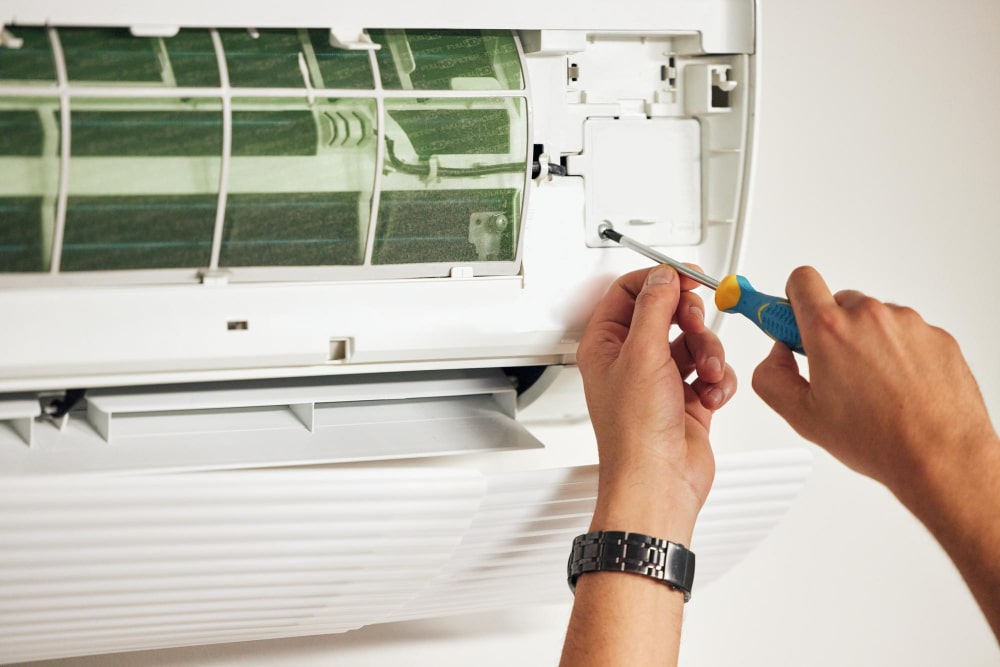How to Safeguard Your Air Conditioner from Extreme Weather
Living in the Sunshine Coast means enjoying plenty of sunshine, but it also means dealing with unpredictable weather at time, from sweltering heat to sudden storms. Protecting your air conditioner from these extreme conditions is crucial for prolonging its lifespan and maintaining efficient cooling performance. Here’s some tips on how to keep your air conditioning system safe from weather related damage.
1. Turn Off Your Air Conditioner During Storms
When a storm is approaching, the first step is to turn off your air conditioner at the thermostat, and then switch off the circuit breaker. This precaution minimises the risk of power surges caused by lightning strikes or fluctuating power during a storm, which can severely damage your unit. Power surges can fry your air conditioner’s electrical components, leading to costly repairs or even a full system replacement. To further safeguard your unit, consider installing a surge protector specifically for your air conditioner as this not only shields your air con during storms but also prevents gradual wear and tear from daily power fluctuations.
2. Defending Against Torrential Rain and Flooding
Heavy rain and flash floods can also pose risks to your air conditioner, particularly if the outdoor unit is improperly positioned. Ideally, the unit should be placed on an elevated, sturdy base to prevent it from being submerged during floods. Additionally, make sure your air conditioning unit is not located near downpipes or areas prone to water pooling. If water accumulates around the unit, it can seep into the internal components, leading to rust, electrical issues, and a decline in efficiency. Regular servicing helps prevent these issues, as your technician can check for proper drainage and clear any debris that might obstruct the system.

3. Guarding Against Hail Damage
Hail is another weather condition that can wreak havoc on your air conditioner, denting the exterior and damaging the coils. Installing a protective cover is the best defence against hail, you can build one using durable materials like wood as long as there is enough space around the unit to provide access for maintenance, ensuring adequate airflow as restricted airflow can cause overheating and reduce your unit’s efficiency. Avoid using plastic covers, which trap moisture and can lead to corrosion.
4. Regular Maintenance and Preparation
Taking the time to prepare your air conditioning unit for extreme weather can save you from expensive repairs or replacements down the line. Regular maintenance is key and during such routine checks, technicians can spot and address potential problems before they worsen due to bad weather. They’ll also be able to clean the system to ensure it runs smoothly, preventing issues like clogged filters, which can cause the unit to overheat or malfunction.
For residents on the Sunshine Coast, a reliable air conditioner is essential. Ensuring that your unit is well protected and regularly serviced not only keeps your home comfortable year round but also extends the lifespan of your system. With proper precautions, you can avoid unexpected breakdowns and keep your energy bills manageable, no matter what the weather brings.
